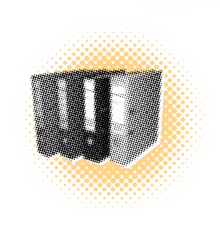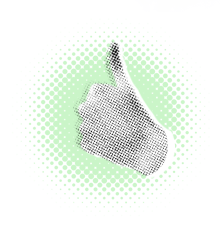Tips for Written Exams
Exams are like games. Follow these insider tips from experienced examiners and you have a much better chance of winning!
The ‘rules’ for written exams can be broken down into before, during and after the exam.
Before the exam:

- Time study well: plan backwards from the date of the exam, allowing yourself plenty of time to study so you’re prepared on the day.
- Practise exam questions: use past papers to practise answering real exam questions.
- Time yourself: when you practise answering make sure you time yourself and stay within the confines of the exam.
- Use marking schemes: access the marking schemes of the past exams papers online and correct your answers. You’ll learn lots this way.
- Rework the mock: redo some of the answers from the mock paper that you could improve upon.
- Answer blind: try answering without any textbooks or notes to see what you really know.
- Follow examples: check out sample answers in revision books to see what the examiner looks for.
- Revise lots: keep revising your notes.
During the exam:

- Arrive early: you don’t need to be rushing and stressed.
- Read everything: read through the entire paper once.
- Reread and choose: reread the questions and choose which ones you’ll answer.
- Begin well: start with your best questions first and work your way down to the ones you might be less confident about.
- Read the question carefully: you can’t be too careful about reading the question and make sure you understand what they are looking for.
- Stick to the question asked: drifting away from the question is the single greatest way to lose marks. So stick to exactly what you are asked.
- Plan answers: be clear about what you want to say by planning answers.
- Watch the time: know how much time you have to answer and stick to it. If you’re not finished, move on and come back to it later.
- Don’t waste time: no need to do things like write out the questions. That’s time wasting. Do what you’re there to do: answer.
- Answer all questions: attempt all required questions, even the ones you don’t think you know. You might get a few marks for something you write but you can get no marks for a blank page.
- Don’t give up: stick with it even if you feel you’re not answering well. You may be doing better than you think.
- Read over paper: read carefully over all your answers. Proof them for errors and add any extra information you now remember.
- Check against instructions: do one last check that you have all required questions answered.
After the exam:

- Avoid the post-mortem: going over the paper is a fruitless exercise. Leave it alone.
- Focus on the positive: think about what you did well.
- Move on: you can’t change anything now so leave it behind and move on. Concentrate on the next exam.
For more study tips, read Shortcuts to Success: Study and Exam Skills for Leaving Certificate by Irene Togher.